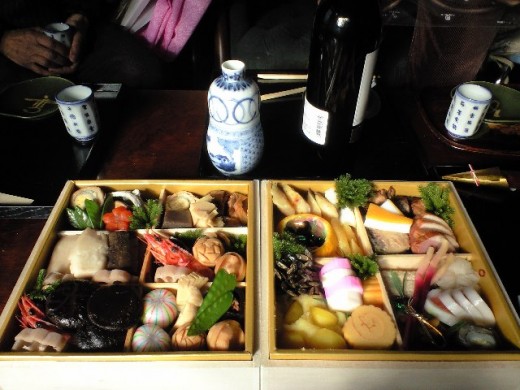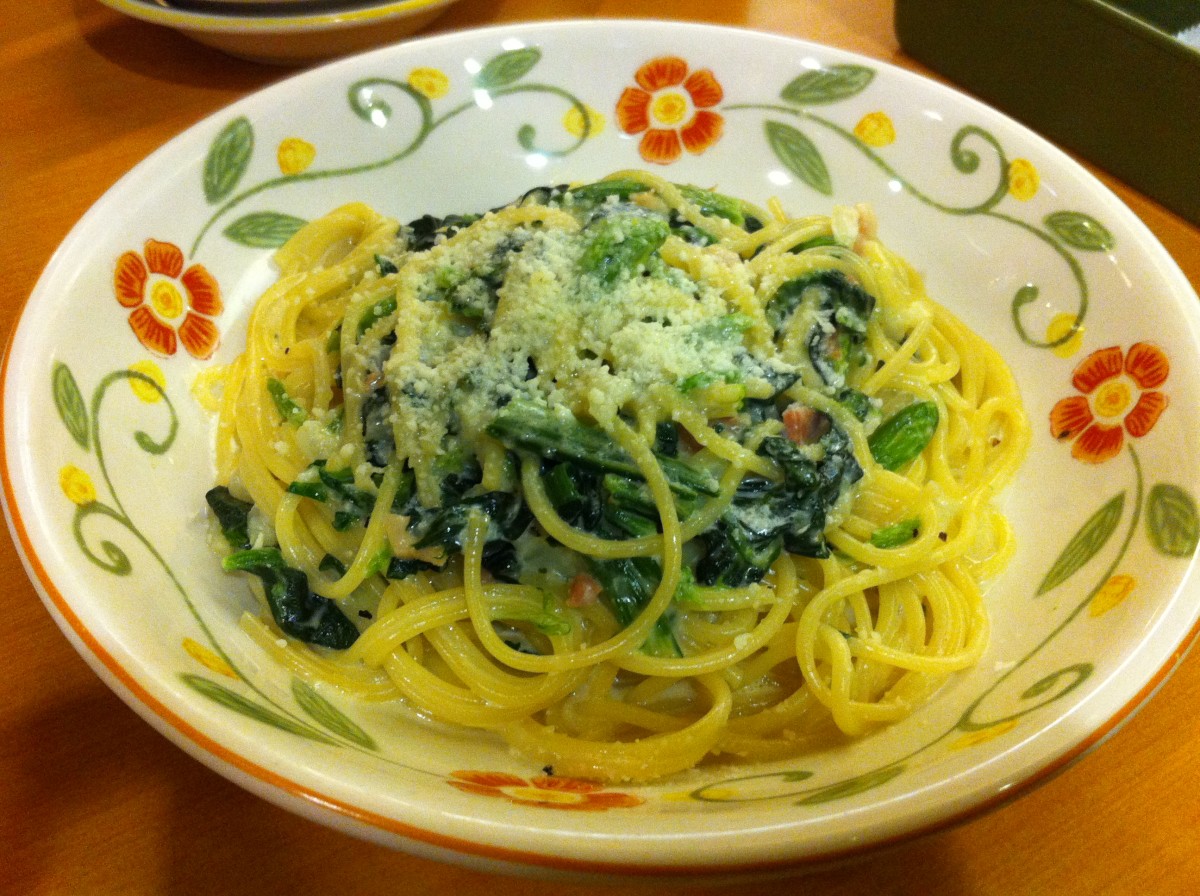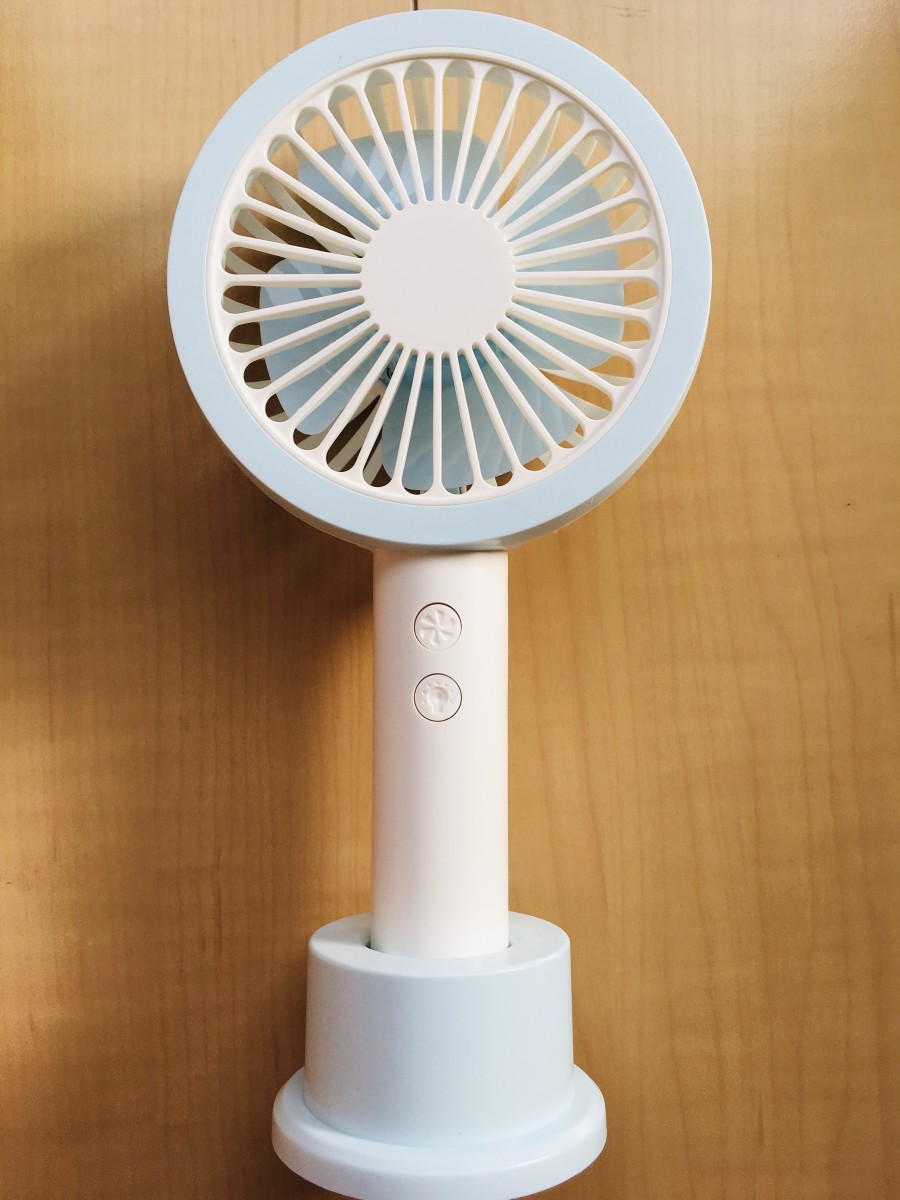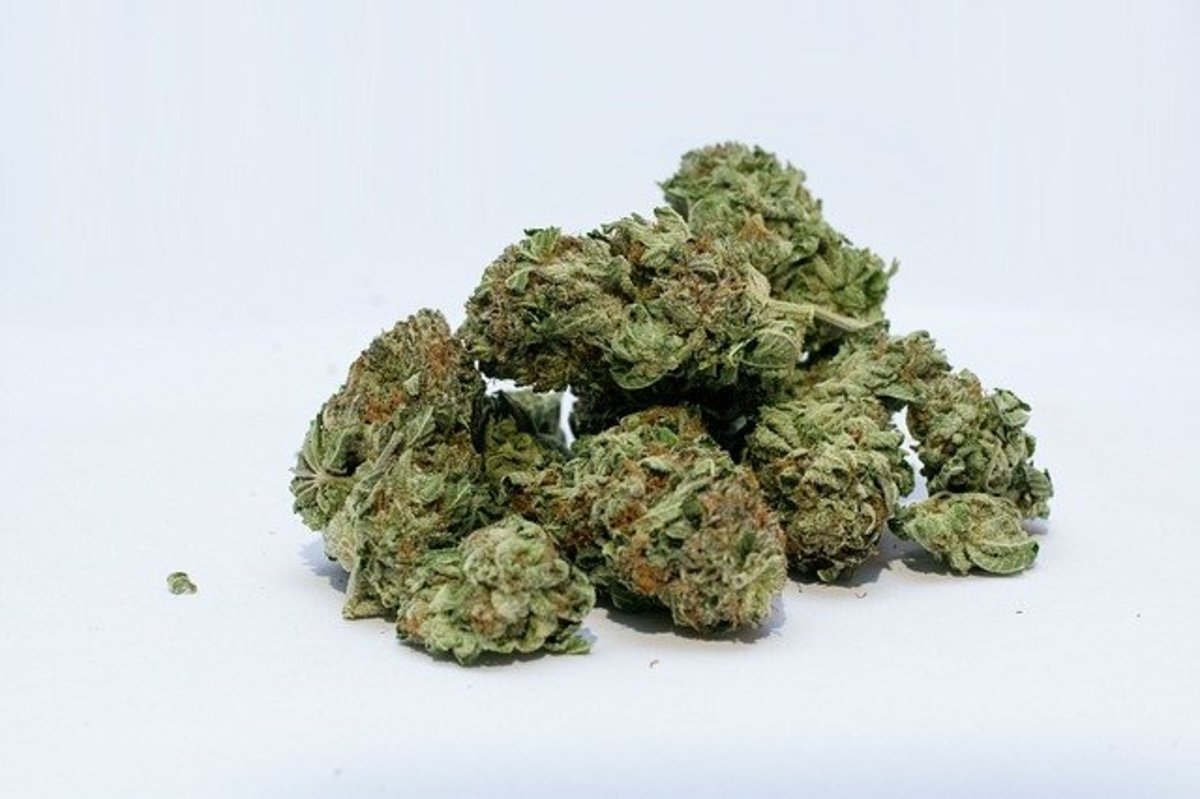- HubPages»
- Travel and Places»
- Visiting Asia»
- Eastern Asia
Japan - Top Ten Healthiest Japanese Foods

TOP 10 HEALTHIEST JAPANESE FOODS
Japanese are the longest-lived people in the world, and there is a simple reason why—they eat healthy food. Find out more about these foods that often show up in Japanese meals.
1. Tofu
Tofu has established itself as the health food of choice in the West, but in Japan, it is just part of the everyday diet. High in protein and low in cholesterol, it is a good way to get what you need without getting what you don’t want (fat). Eat plain, fried, or boiled.
2. Green Tea
Although green tea originated in China, it has evolved into various types of Japanese tea like matcha and bancha. Without organizing a full-fledged tea ceremony every afternoon, you can get the benefits of green tea by buying some ryokucha at your local convenience store. Green tea is a rich source of catechin and antioxidants, which help prevent cancer, arthritis, high cholesterol, and heart disease.
3. Natto
The food that all Japanese like to scare foreigners with, natto is the ultimate gross-out meal. The sticky, gooey texture and potent smell of these fermented soybeans turns off most people, but those that like it really dig it. Rich in protein, vitamin B2 and K2, natto is known to prevent blood clotting, and is great as a breakfast food (if you dig it).
4. Miso
Back in the middle ages, it used to be that miso was made by hand in the Japanese household. These days you can buy it at the local supermarket, and you can choose from a wide variety of colors and types. Miso is made of a mix of soybean, barley, rice, buckwheat, rye, wheat, and any number of other ingredients, depending on the type of miso. It contains minerals like zinc, manganese and copper that are good for your immune system. Also, it has protein. The only drawback may be that it contains high sodium and that’s where you get the salty taste.
5. Nori (seaweed)
In our daily diets, we usually don’t get the minerals we need. Seaweed provides those minerals, and it tastes pretty good too. With iron, calcium and tons of vitamins, seaweed is said to prevent cancer and heart disease. In Japan, they also say it’s good for your hair (but don’t put it on top of your head) Just don’t put it on our spaghetti and we will be happy:
http://www.youtube.com/watch?v=T4WNuLmFnHo
6. Shiitake
These aren’t your run-of-the mill mushrooms. High in protein and low in calories, they are perfect for vegetarians. True to the image of mushrooms, shiitake have “medicinal” properties. In addition to containing an anti-cancer property called lentinan, they reduce cholesterol and blood pressure, stimulate the immune system, and possess anti-bacterial properties. They will, however cost you a bit more than your average mushroom.
7. Azuki Beans
Here’s a desert dish that’s healthy for you. A food that often replaces chocolate in many Japanese deserts, Azuki is chock-full of polyphenols, which are good for the heart. They keep your red blood cells healthy, so when you see red beans think healthy heart.
8. Sushi
There are many kinds of sushi, but if you are eating ones with fish on it, then it is full of what any fresh fish is full of—protein, omega–3 fats, and other nutrients and vitamins. The fresher the fish, the better! In addition, a good dose of wasabi will give you protection from food poisoning, and a pinch of pink ginger will lower cholesterol levels and prevent blood clots. Also, don’t forget the seaweed that is used to wrap some of the nigiri – that’s good for you too.
9.Satsuma-imo (sweet potato)
Though you might not suspect it, Japanese sweet potatoes are very good for you. Rich in complex carbohydrates, dietary fiber, beta carotene, vitamin C and vitamin B6, they are what you might call a “hearty” meal. The red skin and orange color of the potato give away the high beta-carotene content as compared to other kinds of plain-colored potatoes.
10. Konyaku
Konyaku doesn’t look like something you can eat, but this block of jiggly grey matter is known to have an abundance of minerals that are good for you. In addition its dietary fibre glucomannan will sweep through your intestines and clean them out (since it cannot be digested). Since 95% of konyaku is water, you won’t gain much weight from it, so just reap the benefits and dig in! (Also normalizes blood pressure, cholesterol, and sugar levels in blood) If you are wondering what konyaku is made of, let’s just say it’s a very strange-looking potato.








